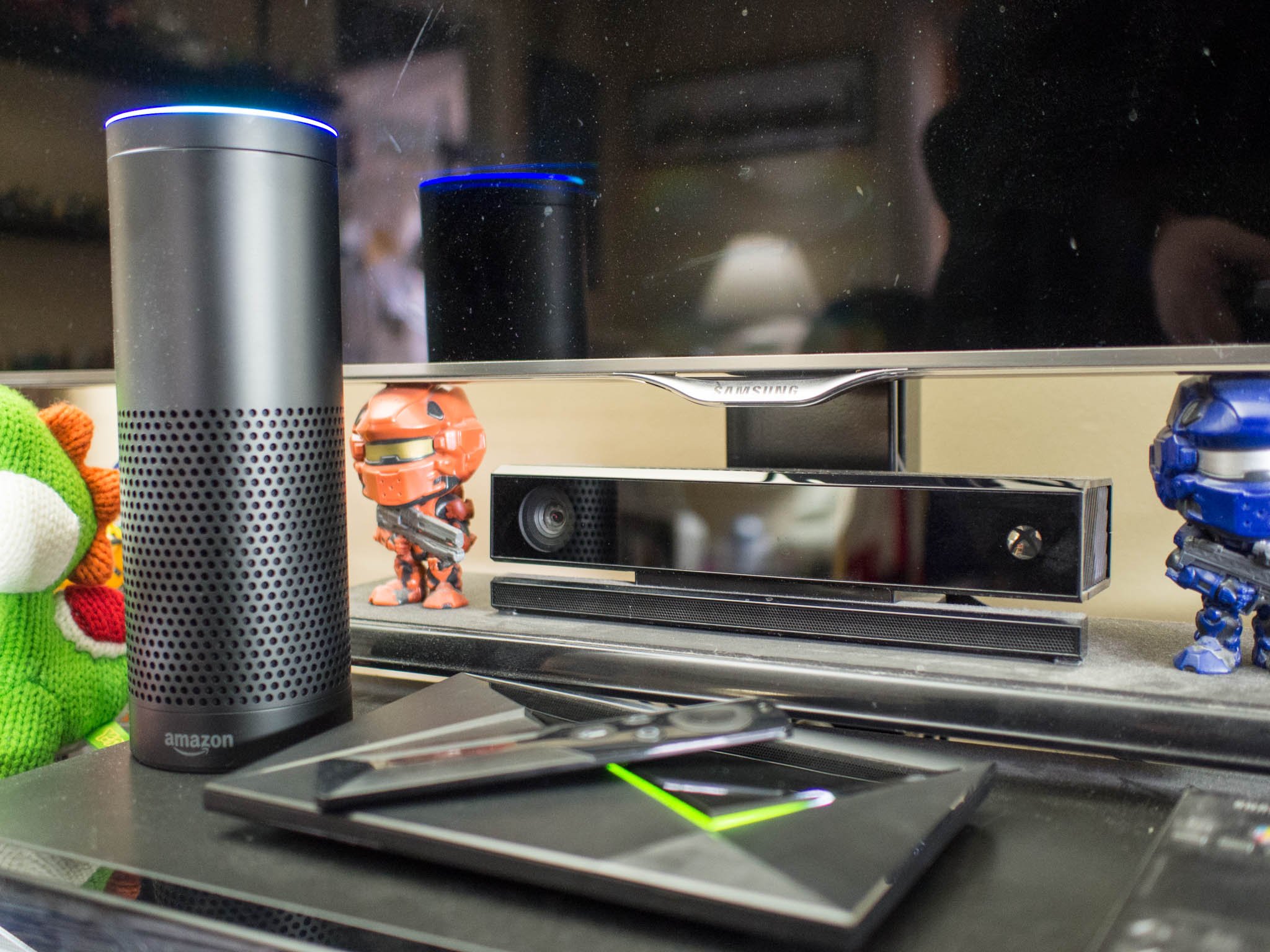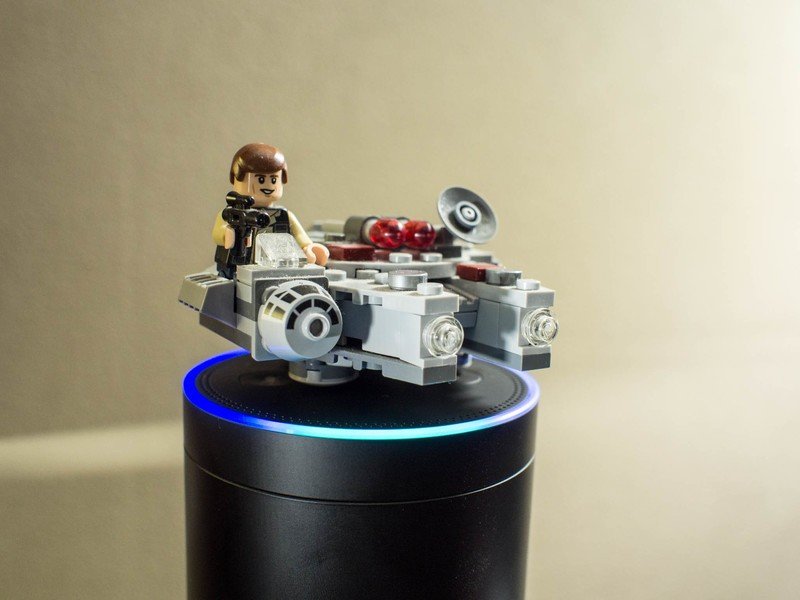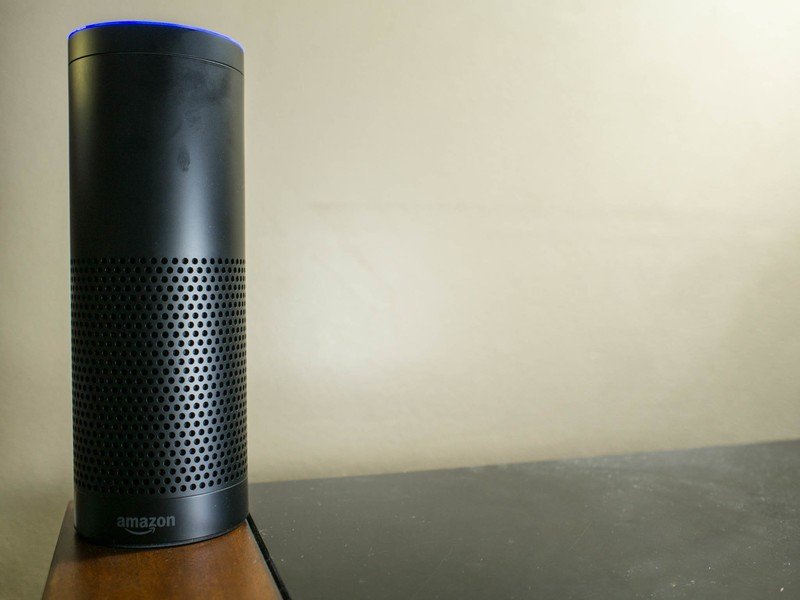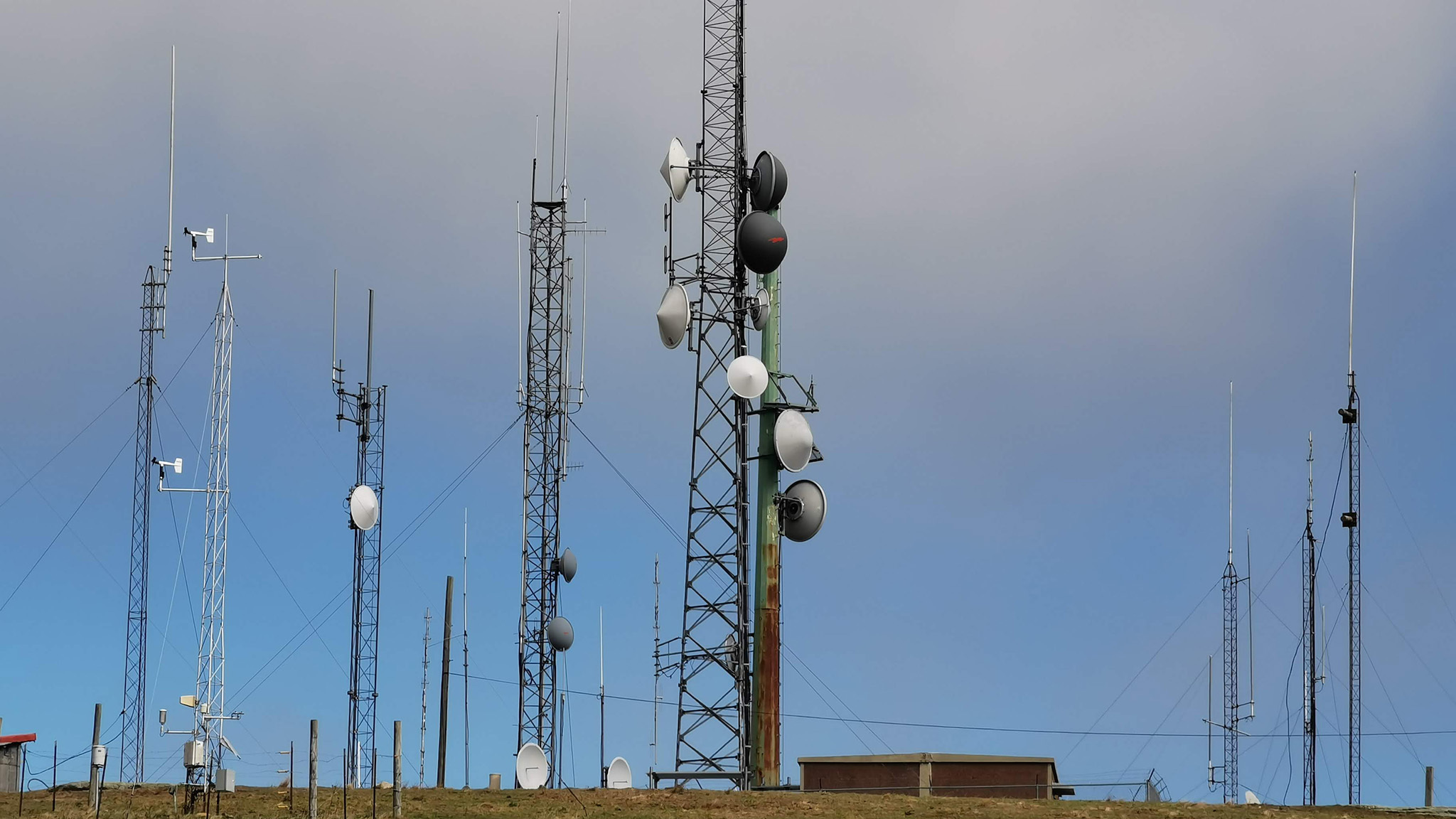Nothing can compete with the Amazon Echo — but why?

This month marks a whole year has passed since Amazon first unveiled the Echo. In a world where every smartphone has some king-of-voice-enabled-assistant software onboard, asking $180 for a Bluetooth speaker that did the same but only for Amazon's services seemed like a stretch. When people finally started using the Echo, and Amazon started to partner with third-party products and add more to the experience, it became clear this was a whole lot more than a decent Bluetooth speaker with some web features.
Curiously, the one thing the Amazon Echo doesn't have right now is competition. Despite being surrounded by services that could easily be baked into a simple sub-$200 connected system — and in many cases quickly outperform Amazon's fledgling Alexa system — there's nothing to be found.
A lot of folks who have never used an Amazon Echo look at the description and say "yeah but I already have that" in reference to Google Now, Microsoft's Cortana, and Apple's Siri. They're almost right, each of those services respond to your voice and answer questions. As long as you're near your smartphone or desktop and there's no external interference, those experiences are mostly pretty good for grabbing information from the internet or pinging your personal information for some clarity of confirmation. There are some clear limits to those experiences, the most significant of which being proximity and always-on functionality. The only service to function no matter what when the screen is off is Motorola's tweaks to Google Now, which only works on Motorola phones and only works if your phone is nearby with very little audio interference.

This is where the Amazon Echo is strongest. You can stand in an entirely different room, speak at a normal volume while the speaker is blaring music, and the microphones in this pillar will pick out your voice and activate Alexa with startling accuracy. This functionality is entirely hardware-driven, and it's the kind of thing you're unlikely to demand in a smartphone for power and spatial limitations, which makes sense.
It also brings us full circle to why neither Google, Microsoft nor Apple has made any effort in this space. Google, Microsoft and Apple clearly have demonstrated a desire to have hardware in the living room, and all of those efforts include robust voice communication platforms. The only one of those three to have bothered with an always-on microphone is Microsoft with its Kinect platform. Android TV and Apple TV both require an activation, either through a physical remote you have to keep with you or an app on your phone.
None of the current mobile-focused digital assistants seems interested in being part of the home experience.
Beyond the physical capabilities, none of these companies has demonstrated a desire through software to compete in this space either. You don't ask your Xbox to set a timer for 10 minutes, or your NVIDIA Shield TV to dim your Philips Hue lights. Siri on your Apple TV isn't interested in setting your thermostat, or rolling a six-sided die for you at random. This doesn't even scratch the surface of what the Echo is capable of in an instant, and it doesn't make sense. Each of these platforms are more than capable of cooperating in these spaces and supporting these features, yet nothing exists to offer household task management through these impressive digital playgrounds.
Digital assistant apps are awesome, and when they integrate into your life there's a lot to enjoy there. Alexa doesn't do a great job integrating into my digital existence because of the disconnect between Amazon and the services I actually use. At the same time, none of the current mobile-focused digital assistants seem interested in being part of the home experience. One of these makes sense, since Alexa is currently only in the home and Amazon's history of playing nice with others isn't spectacular. For Google, Microsoft, and Apple, failing to address this market when there's a clear desire while attempting to approach the living room and the connected home seems like an obvious misstep.
Be an expert in 5 minutes
Get the latest news from Android Central, your trusted companion in the world of Android

It doesn't even seem like the next step is particularly hard for either of these companies to implement. Google is clearly interested in the connected home with OnHub, Android TV, and the not yet released Weave application later. Microsoft's initiative to put Windows 10 app on the Xbox One seems like a quick path to connected apps with Kinect capabilities. Apple's HomeKit and Siri are basically already built for this functionality, the pieces just need to be better assembled for an effortless experience to present to users. Will it be another year before these companies implement something worth using? Perhaps more important to existing Echo owners, will Amazon figure out how to wield Alexa as a competing product on mobile hardware in the meantime and beat all of these companies to an all-in-one solution?
Here's hoping we get an answer sooner rather than later.

